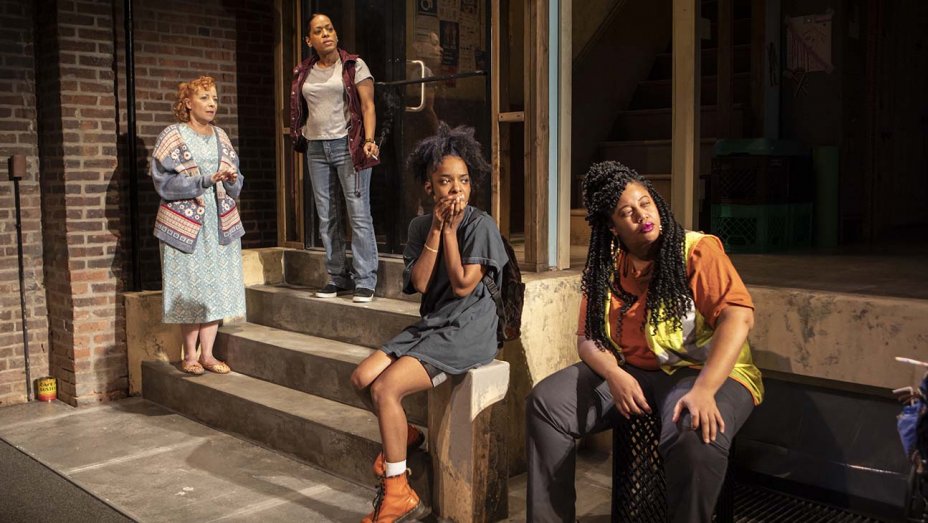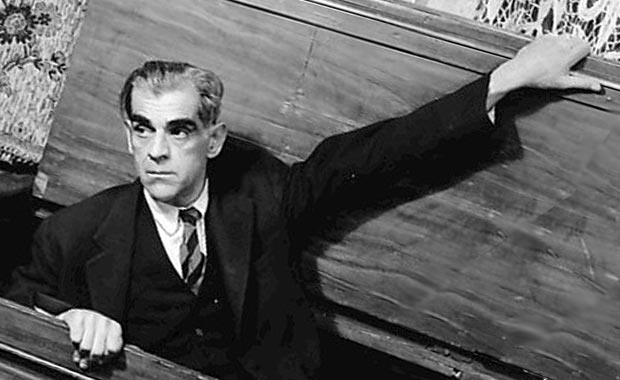

I’ve felt this way before. My old friend Nancy LaMott died two weeks before Christmas in 1995, and I was so devastated by the appalling fact of her loss that it temporarily destroyed my ability to revel in the holiday season. A number of years went by before I found it possible to truly enjoy Christmas. Much the same thing seems to have happened to me again: I’ve been so preoccupied with Mrs. T’s continuing plight that I simply couldn’t summon up the Christmas spirit.

Fear not, though, for this grim catalogue of current events is but a prelude to what I think it’s fair to call the best of all possible Christmas presents: Mrs. T has just been taken off the ECMO machine that saved her life last week. The doctors decided that she’d improved enough to do without it, and she underwent an extremely risky surgical procedure on Monday afternoon in order to unhook the machine, whose prolonged use is fraught with potentially lethal side effects, from her circulatory system.
Not surprisingly, I’d been wondering—with good reason—whether Mrs. T would live to see another Christmas. But yesterday’s procedure, much to my relief, went smoothly and uneventfully, and I am overjoyed to report that her blood pressure and oxygen saturation level are now gloriously stable and she is resting far more comfortably. (By way of contrast, she was in so much pain a few short days ago that at one point she was yelling with agony.)
To be sure, we don’t expect her to be coming home any time soon. It’s far more likely that she’ll have to stay in the hospital until after she’s been transplanted and has recovered from the surgery. But what of it? For now, the headline is: Mrs. T is alive!
And what kind of Christmas are we going to have in 2019? The very finest kind, of course—because we’ll be spending it together.

I can’t know what the future holds in store for my gallant Mrs. T as we wait impatiently for the Big Call that will upend our shared lives and, if all goes well, allow us in time to return to Sanibel Island at long last. The wait may be brief…or not. It’s out of our hands, and like the song says, Until then we’ll have to muddle through somehow. What I do know, though, is that neither one of us has to muddle alone anymore, even when we can’t do much more than sit quietly in an upper Manhattan ICU, holding hands and listening to soft music or watching pre-Code movies on her trusty iPad.
My friend Whit Stillman said it: “Happiness in life is often constructed from tiny wonderful things—hot toast with butter—not big things.” But wonderful as it is, there is nothing tiny about our loving companionship. It is the pearl of great price that for us has become the true meaning of Christmas. We may not have presents or a fancy tree, but that doesn’t matter in the slightest: we have the gift of one another, and so we are happy beyond all possible measure.
May you, too, know such happiness, today, tomorrow, and always.
* * *
Desmond Earley and the University College Dublin Choral Scholars perform Benjamin Britten’s “Deo Gracias,” from A Ceremony of Carols, in Newman University Church, St. Stephen’s Green, Dublin, in 2011. The harpist is Denise Kelly:
From Meet Me in St. Louis, directed by Vincente Minnelli, Judy Garland sings “Have Yourself a Merry Little Christmas,” by Hugh Martin and Ralph Blane. The orchestration is by Conrad Salinger:


